Deck & Commander Strategies
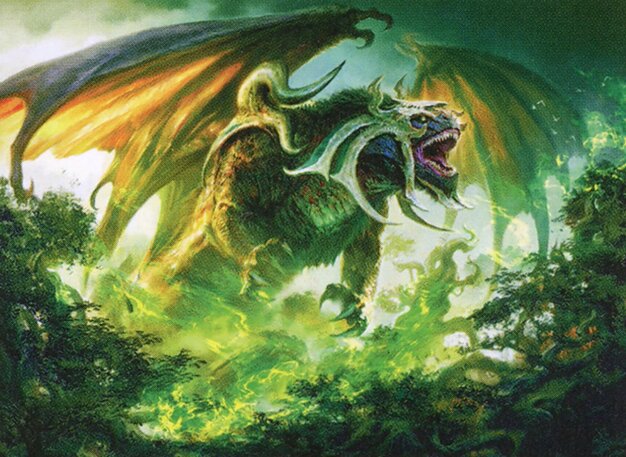
Rith, the Awakener
Swarm the board with small creatures to trigger card draw effects and overwhelm opponents with incremental advantage.
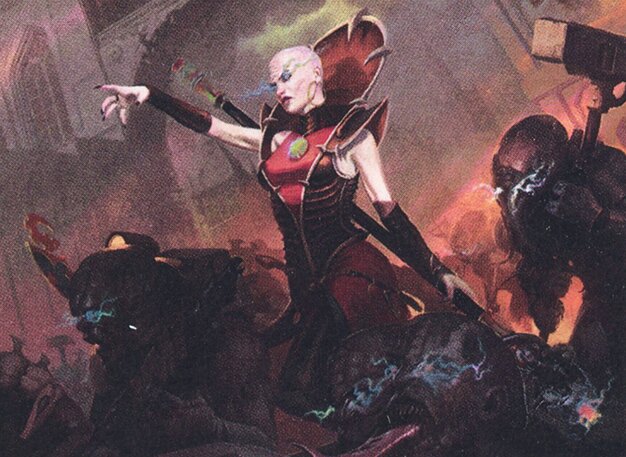
Magus Lucea Kane
Generate large numbers of artifact or creature tokens using X spells and capitalize on haste to apply quick pressure.
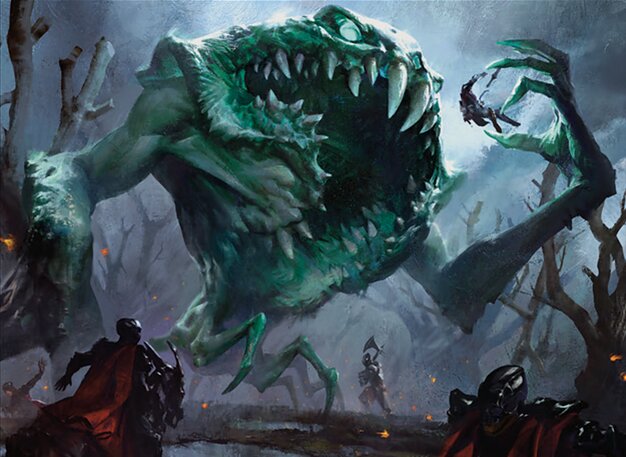
Yargle, Glutton of Urborg
Deploy aggressive Barling creatures and disruption spells to overwhelm opponents early while maintaining hand advantage.
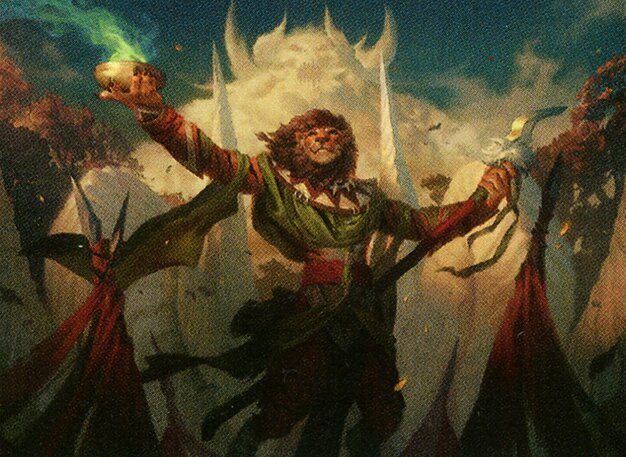
Runadi, Behemoth Caller
Build a board presence focused on +1/+1 counters to make creatures more threatening and gain incremental value through counter synergies.
Gameplay Insights
- 1
Early use of Painful Inheritance to ramp into additional lands was a key factor in accelerating mana development for multiple players.
- 2
The Monarch mechanic was leveraged strategically to gain extra card draw, with Greg maintaining the Monarch status to keep up pressure and card advantage.
- 3
Conversion of Starcreem using the Monarch ability created a dynamic where board state and control of the Monarch became pivotal to tempo management.
- 4
Players focused on maximizing value from ETB triggers and counters, particularly with Runadi’s +1/+1 counter theme and Rith’s token swarm for sustained card draw.
- 5
Discussion and clarification of the convert keyword interaction with tapped permanents highlighted the importance of understanding card mechanics for maintaining board state integrity.
Notable Cards
-
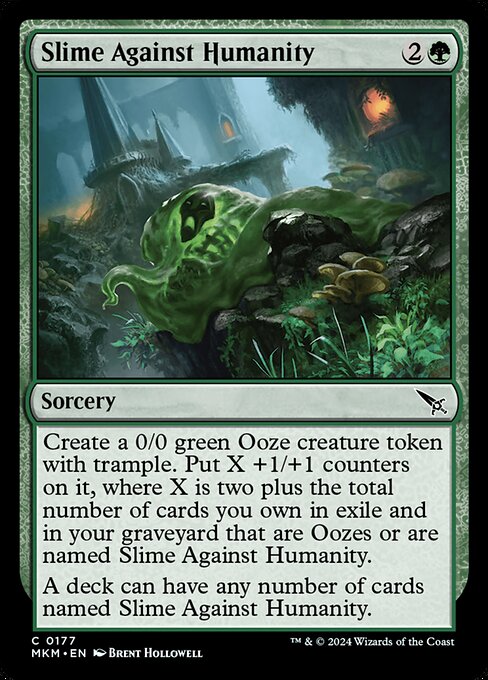
Slime Against Humanity
-

Elemental Bond
-
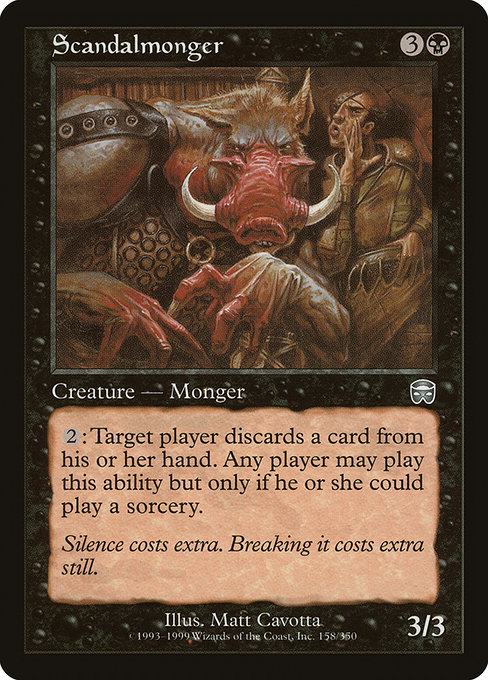
Scandalmonger
Gameplay Summary
The game began with players establishing their mana bases and quickly engaging with the unique chaos rules of Oathbreaker Light and Painful Inheritance, which encouraged early land fetching and spell casting.
Early board development included token generation and low-cost creatures, with players focusing on building synergies around their commanders and Oathbreaker Light spells.
Notably, the Monarch mechanic played a significant role, with Greg becoming Monarch early and leveraging the card draw advantage to maintain tempo.
KJ, piloting Runadi, Behemoth Caller, aimed to build a +1/+1 counter strategy, while Dell's Yargle deck focused on aggressive creature deployment and disruption.
Greg's Magus Lucea Kane deck utilized X spells and token generation for pressure, whereas John’s Rith deck concentrated on creating numerous small creatures to maximize card draw with Riot of Harmony.




































